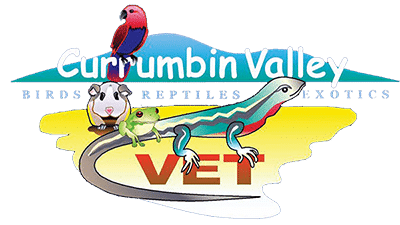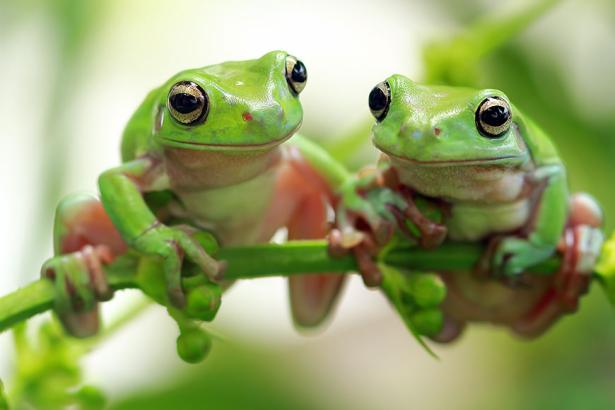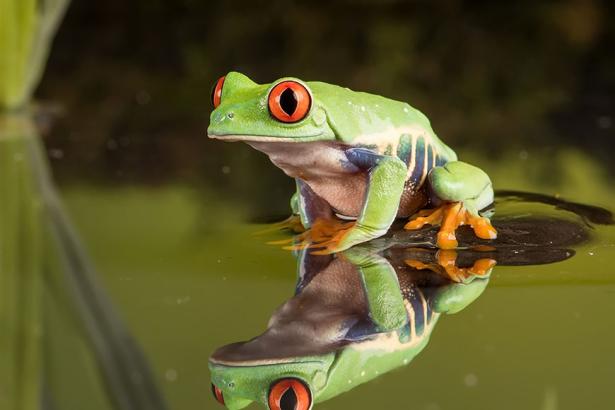Bringing an exotic pet into a multi-pet household is a rewarding but complex endeavour. Exotic pets like parrots, reptiles, and small mammals require specific care, and introducing them to traditional pets such as dogs or cats demands thoughtful preparation. Success depends on prioritising safety, minimising stress, and fostering harmonious relationships between all animals in the household.
At Currumbin Vet Services, we specialise in the care of exotic animals and understand the challenges of creating a balanced environment in multi-pet homes. This guide provides strategies to help you integrate an exotic pet safely and effectively.
Why Integration Requires a Thoughtful Approach
Exotic pets often differ significantly from dogs and cats in their needs, behaviours, and sensitivities. Introducing them into a household with other animals involves addressing several potential challenges:
Prey and Predator Dynamics
Many exotic pets, such as birds, small mammals, and some reptiles, are natural prey animals. Dogs and cats, despite training, may exhibit predatory instincts, posing a risk to smaller animals.
Stress and Anxiety
Exotic pets are highly sensitive to changes in their environment. The presence of a larger, unfamiliar animal can lead to chronic stress, affecting their behaviour and overall health.
Health Risks
Cross-species disease transmission is a significant concern in multi-pet households. Dogs and cats can carry pathogens that may harm exotic animals, and vice versa.
Understanding these dynamics is the first step toward creating a safe and harmonious home for all pets.
Preparing Your Household for an Exotic Pet
Research the Species’ Needs
Before bringing an exotic pet into your home, research its specific requirements. Understanding their habitat, diet, and social behaviours is essential for proper care.
Evaluate Your Existing Pets
Assess the temperament and behaviour of your current pets. For example:
- Dogs: Are they calm and obedient, or excitable and prone to chasing?
- Cats: Do they exhibit strong hunting instincts or seem indifferent to smaller animals?
Knowing your pets’ tendencies helps you anticipate potential challenges during the integration process.
Create a Safe Space
Prepare a dedicated area for the exotic pet before bringing them home. This space should:
- Mimic their natural environment.
- Be secure and inaccessible to other pets.
- Include all necessary equipment, such as heat lamps for reptiles or perches for birds.
Steps for Safe Introductions
Step 1: Gradual Sensory Introductions
Start by introducing your pets to each other’s scents. Swap bedding, toys, or other items that carry their scent to help them become familiar with one another in a non-threatening way.
Step 2: Controlled Visual Introductions
Allow pets to see each other through a barrier, such as a glass enclosure or baby gate. Observe their reactions closely. Look for signs of stress or aggression, such as growling, hissing, or retreating.
Step 3: Supervised Physical Introductions
When the animals appear comfortable, proceed to short, supervised interactions in a controlled environment.
- Keep dogs leashed and maintain a safe distance.
- Use deterrents, such as water sprays, for cats displaying stalking behaviour.
- Always monitor interactions closely and be ready to intervene if necessary.
Managing Specific Species Interactions
Birds and Traditional Pets
Birds are particularly vulnerable due to their size and fragility.
- Position bird cages in high, secure locations out of reach of dogs and cats.
- Never leave a bird unsupervised in the presence of larger pets, even if interactions seem calm.
Reptiles and Traditional Pets
Reptiles require secure enclosures to prevent accidental harm.
- Ensure the enclosure has locks or latches that pets cannot open.
- Keep enclosures out of reach to prevent dogs or cats from knocking them over.
Small Mammals and Traditional Pets
Small mammals, such as guinea pigs or rats, are often prey animals and may feel threatened by dogs or cats.
- Provide sturdy, escape-proof cages.
- Introduce them only in controlled, supervised settings.
Exotic Pets with Each Other
Introducing two exotic pets requires understanding their specific species’ behaviours and needs.
- Never house incompatible species in the same enclosure.
- Gradually introduce pets of the same species to reduce territorial behaviour.
Minimising Stress During the Integration
Stress can negatively impact the health of exotic pets. To minimise stress:
- Maintain consistent feeding and cleaning routines.
- Use calming aids, such as pheromone diffusers or vet-approved supplements.
- Avoid making sudden changes to their environment during the integration process.
Long-Term Strategies for Harmony
Provide Enrichment for All Pets
Boredom can lead to behavioural issues in both exotic and traditional pets. Enrichment activities help keep all animals mentally and physically stimulated. Examples include:
- Toys and puzzles for birds and small mammals.
- Climbing structures and safe hiding spaces for reptiles.
- Regular exercise and training sessions for dogs and cats.
Establish Boundaries
Teach your existing pets to respect the boundaries of the exotic pet’s space. Commands such as “leave it” or “stay” can be invaluable for dogs. For cats, deterrents like double-sided tape on enclosures can discourage unwanted behaviours.
Monitor Health Regularly
Schedule regular check-ups for all pets to ensure they remain healthy and free from stress-related issues. A veterinarian experienced with exotic pets can identify subtle signs of illness or behavioural problems.
When to Seek Veterinary Advice
Some situations require professional input. If your pets show signs of prolonged stress, illness, or aggression, consult a veterinarian experienced with exotic and multi-pet households.
At Currumbin Vet Services, we offer expert guidance and support to help you create a safe and harmonious home for all your pets.





